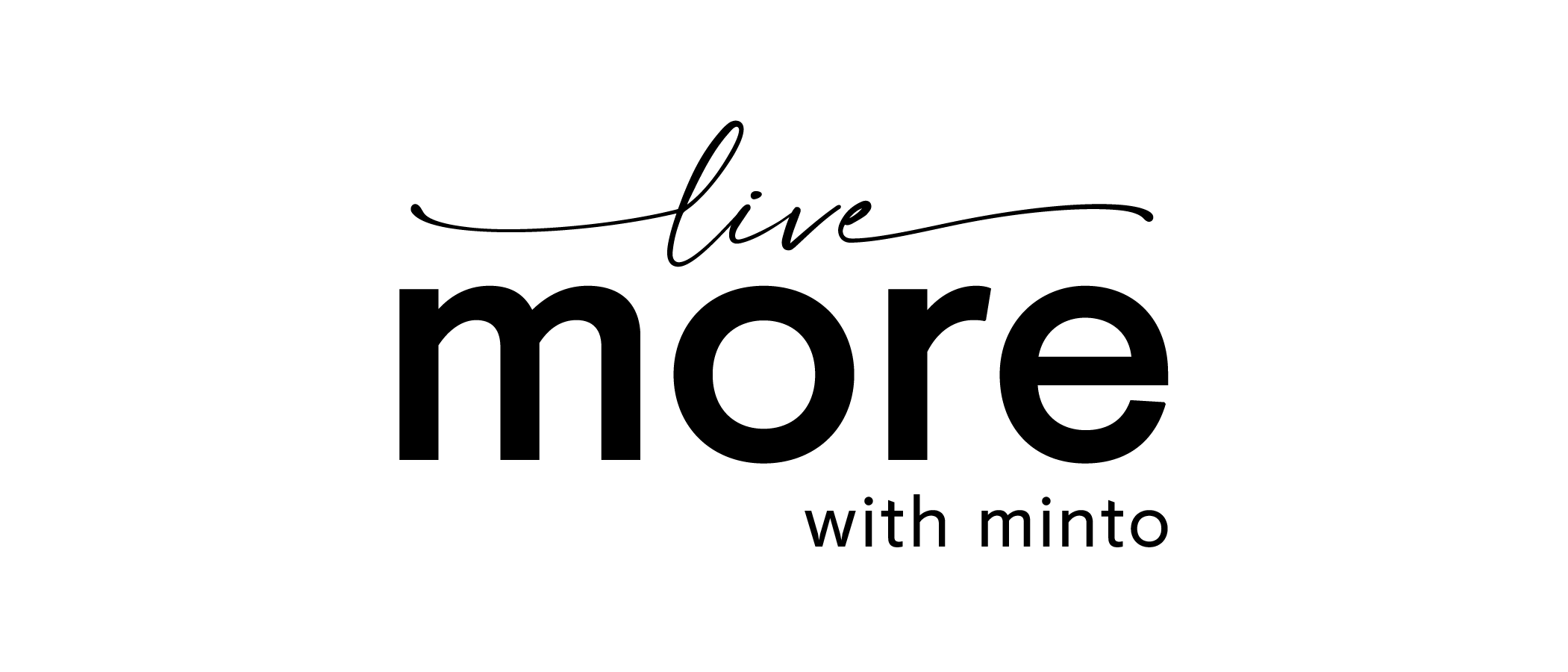
Recognizing the National Day for Truth and Reconciliation
September 30th marks the National Day for Truth and Reconciliation in Canada. As proud Canadians, let us remember, support, and celebrate our Indigenous peoples, who are the very bedrock of our nation and have played a vital role in shaping the world we live in today.
This day holds a special significance, as it calls upon us to acknowledge the struggles and challenges that the First Nations, Inuit, and Métis people have faced. It's an opportunity for us all to come together and work hand in hand towards a collective journey of healing.
Here are a few steps you can take today to walk together on a shared path towards reconciliation:
Understand the significance of this day
In June 2023, the Canadian government declared that this day would be dedicated to honoring the lost children and survivors of residential schools, along with their families and communities.
Publicly commemorating our history and acknowledging the lasting effects of residential schools is an important part of the reconciliation journey. We are all urged to unite, both in person and in spirit, on this day to support our fellow citizens and work toward a brighter future for our communities.
Ways to express your support and actively participate
This day calls for action, remembrance, introspection, and gaining knowledge about the colonial history of the territories we inhabit. Any effort you make to demonstrate your support and engage with our nearby Indigenous communities is a significant stride in the right direction.
• Educate yourself and others: Explore and learn about the rich and diverse cultures, voices, experiences and histories of First Nations, Inuit and Métis peoples.
o First Nations: There are 630 First Nations communities across Canada, more than 50 Nations and 50 Indigenous languages spoken.
o Inuit: The peoples of the Arctic are collectively known as Inuit, which means “the people” in the Inuktitut language.
o Métis: The term Métis refers to a collective of cultures and ethnic identities resulting from unions between Aboriginal and European people in what is now known as Canada.
• Donate: There are many charities that support First Nations, Inuit and Métis communities, including the True North Aid. Check out this website to see other options to donate to from larger charities and also take a look at this blog to see smaller more localized ones.
Explore Educational Tools
Multiple resources are at your disposal to delve deeper into the rich and distinct Indigenous culture:
• Indigenous peoples and cultures
• Funding related to culture, history and sport
Additional sources to consider
Apart from the resources offered by the Canadian government and various Indigenous communities across the country, you can also explore your preferred social media platforms to discover ways to contribute, access further information, and support Indigenous content creators.
Instagram:
• Sarain Fox - Activist, broadcaster and filmmaker
• Jessica Matten - Actor, producer and entrepreneur
• Chelsey Luger - Writer and wellness advocate
• James Jones - Speaker, performer and cultural ambassador
TikTok:
• Shina Nova - Throat singer, educator and entertainer
• Michelle Chubb - Activist, educator and creator
• Chelazon Leroux - Performer, multidisciplinary artist and creator
• Marika Sila - Actor, content creator and activist
Twitter:
• Adrienne Keene - Academic, writer and activist
• Chelsea Vowel - Writer and lawyer
• Alethea Arnaquq-Baril - Independent filmmaker and activist
• Jay Odjick - Writer, artist and television producer
On September 30th, let's unite to commemorate Indigenous culture, pay tribute to residential school survivors, and remember those we've lost.
Together, we are more powerful.





